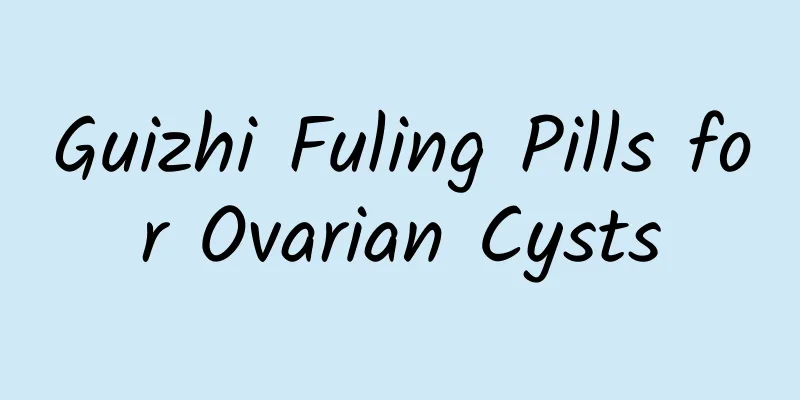What are the symptoms of a ruptured ovarian cyst?

|
What are the symptoms of a ruptured ovarian cyst? Generally speaking, ovarian cyst rupture usually has the following symptoms: 1. Phlegm and blood stasis condense, worry and sadness; deficiency produces phlegm, phlegm and fluid stagnate and block the Qi, causing Qi stagnation and blood stasis, and phlegm and blood stasis forming lumps. Long-term accumulation of phlegm and blood stasis can also lead to cancer. In addition to the above symptoms of Qi and blood stagnation, patients often have fullness and stuffiness in the stomach, palpitations, shortness of breath, poor appetite, edema, nausea, muscle stiffness, increased abdominal circumference, menstrual disorders, difficulty urinating, urgent or difficult bowel movements, distension in the lower abdomen or pits, and a feeling of falling. 2. During the period of Qi and blood stagnation or after childbirth, cold stagnates the blood. Or internal injury, depression hurts the liver, Qi movement is not smooth, Qi and blood are stagnant, and Qi and blood stagnate. If the stasis lasts for a long time, it will turn into cancer. Except for the lump in the lower abdomen, there are generally no obvious symptoms or only petechiae on the tongue. If it is malignant, the lump in the lower abdomen is hard and fixed, painful and resistant to pressure, the skin is not moist and the complexion is purple, and there are petechiae on the tongue. Patients in the late stage of malignancy may have ascites, haggardness, fatigue and other symptoms. 3. To put it simply and intuitively, "ovarian cyst" refers to a mass inside or on the surface of the ovary. The symptoms of ovarian cysts are usually liquid, sometimes solid, or a mixture of liquid and solid. Ovarian cysts are usually small, similar to the size of a pea or cashew, and some cysts grow like a softball or even larger. 4. The pain caused by ovarian cysts can be continuous or dull. Malignant cysts often cause abdominal pain, leg pain, and pain, often causing patients to seek emergency treatment. |
<<: How to prevent pelvic inflammatory effusion
>>: Can I still get pregnant if I have a left ovarian cyst?
Recommend
How is primary dysmenorrhea diagnosed?
What is primary dysmenorrhea? How is primary dysm...
Is pelvic peritonitis contagious?
Is pelvic peritonitis contagious? Pelvic peritoni...
Is it difficult to maintain exercise habits? Start by walking a little more every day
Everyone knows that exercise is good, but they do...
The main causes of pelvic inflammatory disease in women
Pelvic inflammatory disease is a common gynecolog...
Five ways to treat miscarriage
Women are not unfamiliar with the word abortion. ...
Andy Lau's secret to staying young: Avoid cold drinks and eat until you are 60% full
When talking about the immortal legends in the en...
Will female cervical erosion lead to cervical cancer? The key to treating cervical cancer is to start early
Cervical erosion is an extremely common disease, ...
Will cervical precancerous lesions recur after surgery?
Will cervical precancerous lesions recur after su...
What should I do if my menstruation is always unclean?
Irregular menstruation may affect women's hea...
Three symptoms to remind you whether you have pelvic inflammatory disease
Pelvic inflammatory disease is a gynecological di...
Understand the types of cervicitis
In daily life, we often talk about symptoms such ...
Fasting to lose weight and reduce body fat is not just about 168! A complete guide to 7 fasting methods, with 6 points to make fasting more effective
There are many different ways to do intermittent ...
Abortion surgery should pay attention to these complications
Among the operations to terminate pregnancy, abor...
Common symptoms of dysmenorrhea
After suffering from dysmenorrhea, women usually ...
Why can't I get pregnant if I have an ovarian cyst?
Women want to have children, but if they cannot g...









